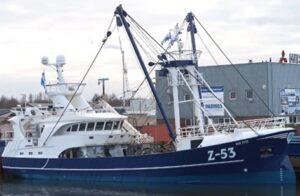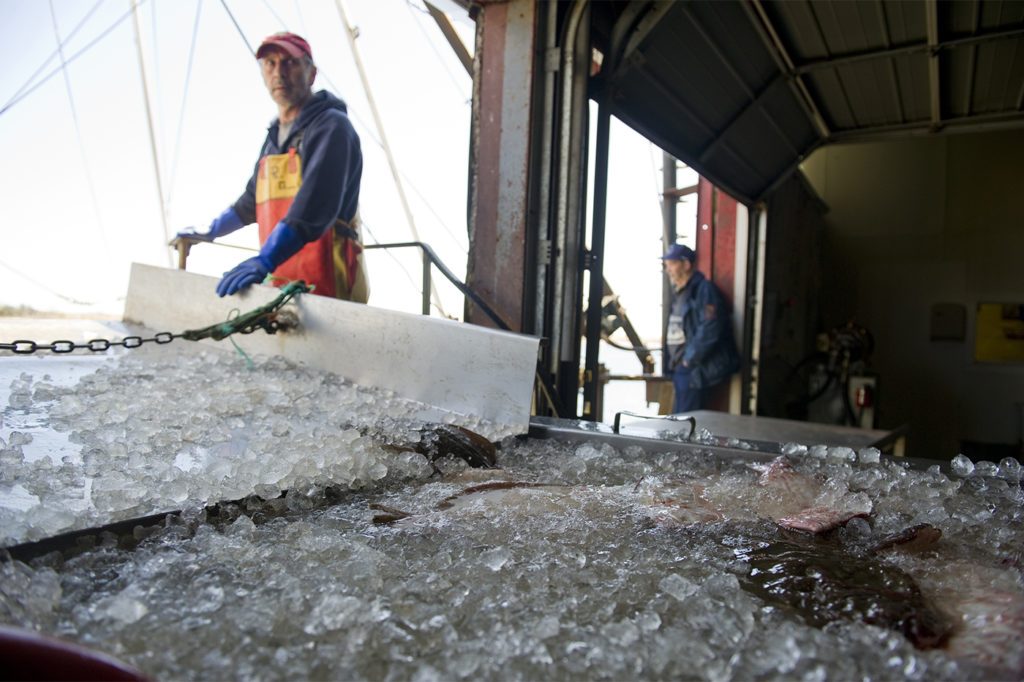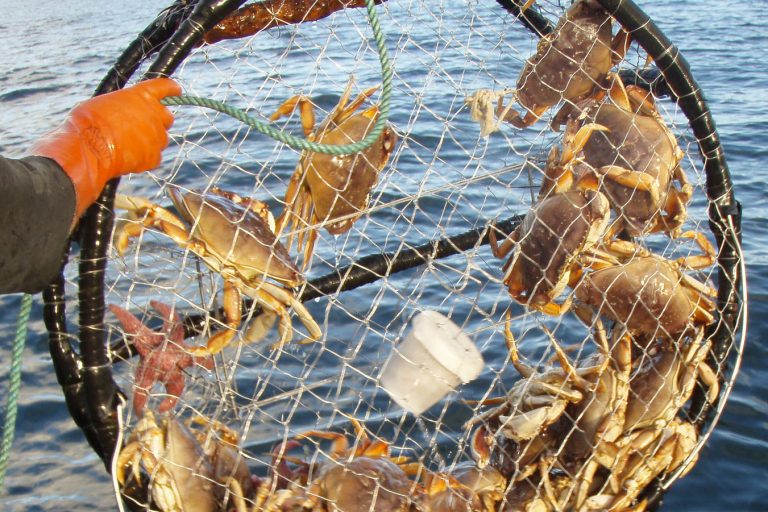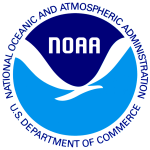Tag Archives: seafood mislabeling
Study Reveals Salmon Mislabeling in Seattle Sushi Restaurants
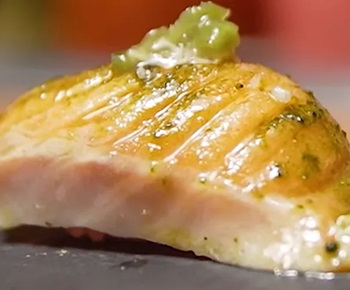 Researchers conducted a study on salmon samples from 67 grocery stores and 52 local sushi shops, revealing that 32.3% of sushi restaurant samples contained farmed salmon instead of the wild salmon that vendors claimed. It remains unclear whether this mislabeling occurred at the restaurant level or earlier in the distribution chain. In contrast, no grocery store samples were found to have this issue, although 11.1% of the salmon sold in grocery stores was identified as the incorrect species. Additionally, 38% of the samples from restaurants were substituted with the wrong type of salmon. The financial implications for consumers are significant. When customers believe they are purchasing high-quality wild salmon, they may be willing to pay a higher price, not realizing they are receiving a less valuable product. This not only affects consumer trust but can also undermine the market for legitimate wild-caught salmon fishermen, who depend on consumers recognizing the value of their sustainably sourced fish. more, >>CLICK TO READ<< 11:44
Researchers conducted a study on salmon samples from 67 grocery stores and 52 local sushi shops, revealing that 32.3% of sushi restaurant samples contained farmed salmon instead of the wild salmon that vendors claimed. It remains unclear whether this mislabeling occurred at the restaurant level or earlier in the distribution chain. In contrast, no grocery store samples were found to have this issue, although 11.1% of the salmon sold in grocery stores was identified as the incorrect species. Additionally, 38% of the samples from restaurants were substituted with the wrong type of salmon. The financial implications for consumers are significant. When customers believe they are purchasing high-quality wild salmon, they may be willing to pay a higher price, not realizing they are receiving a less valuable product. This not only affects consumer trust but can also undermine the market for legitimate wild-caught salmon fishermen, who depend on consumers recognizing the value of their sustainably sourced fish. more, >>CLICK TO READ<< 11:44




































